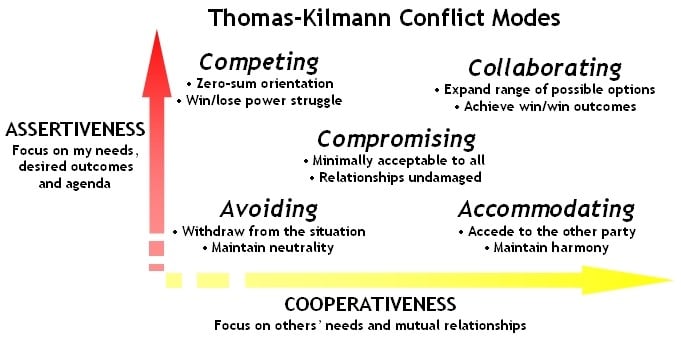5 elements of great Customer Service
Being focused on great service can raise so many positive aspects in a business. It can save you money and build an identity, and a business with an identity is pretty powerful stuff.
Just ask Apple or Nike! Each of these brands is recognised by a unique ingredient. Apple is synonymous with technology and Nike with sports and fitness. The thing is that their identity was created by a demand focused on a specific interest and with a large, financial investment.
Building a business with an identity based on great service will cost you much less and give you so much more.

The 5 Impact Points
1. Free advertising
That’s right, leading your products with great service standards is the height of free advertising. And for the best in the business who serve with real gusto and love to exceed customer expectations, their reputation is continually passed on. People will actually pay more for the product because of that service.

2. Customer Loyalty
When you get the service right, watch how quickly clients work in to support you. Consistently impressing and building on customer satisfaction means your mistakes will more likely be passed over.
Make others the centre of your attention and you’ll be amazed at how quickly they will make you the centre of theirs.
3. Reputation and identity
Comfort of a brand can have enormous impact. Trust and confidence is everything in business. When a client finds it they will hang onto it, protect it and look at every opportunity to praise it. Think of how many brands you recognise instantly and which brand you tend towards because of this comfort, reputation and familiarity.
4. The Fan-base grows
Be ready for the onslaught of CV’s and job enquiries. As your reputation expands so does the eagerness for others to be involved. The best in business will attract the best, it is unavoidable. Staff will identify the value to themselves of being employed with the top performer in the field. Identity works both ways.
5. Suppliers and partners.
Companies proud to be associated with you will bring substantial benefits to you. For instance, you will get better contractual agreements for their being your sole supplier and, as a consequence, stronger buying power. For them, your well-known brand supports their own credibility and reputation. Notice how quickly companies will openly acknowledge brands they support or are in partnership with. It is a way of doubling advertising reach at low cost and harvests a greater source of consumer leads.
Outcome is the most curious component of business. You may have a belief on how things will turn out if you do this, or connect ‘this-to-that’ – yet business is organic. Something you nurture, tend to and improve on, and you ultimately have no idea in which direction it will take you.
Consider profitability and strive to improve it. Mark a starting point at the service the client expects, and when you then move beyond their expectations, the results can be outstanding.
Just look at Nike who were almost bust before they adopted the ‘tick’. Apple started in a garage but that didn’t stop them. Imaging your brand, your style and your service, will take your business far…

